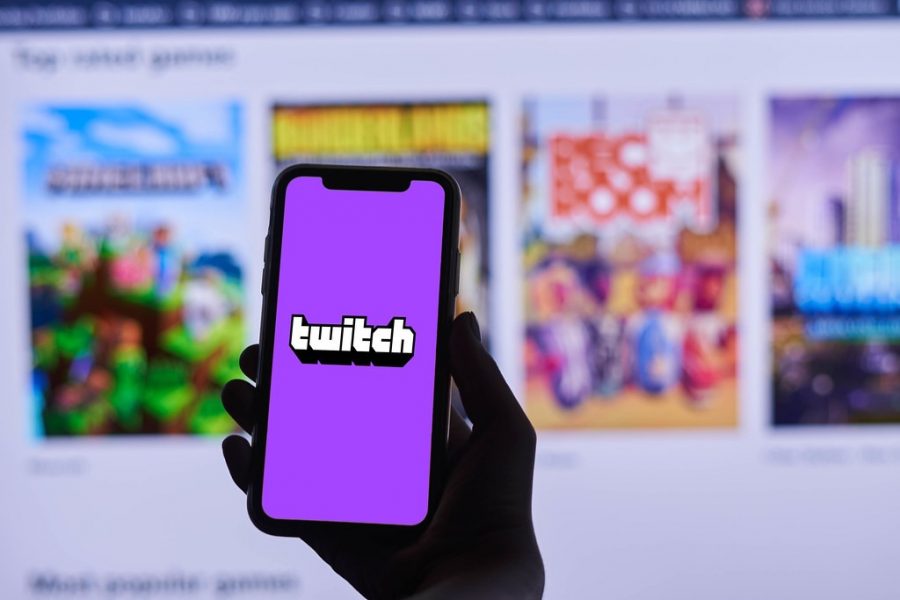The Growth of Twitch Streaming
Over the course of quarantine, many people have looked towards new ways of entertainment–one of the most recently popular being Twitch. According to Twitch statistics, Twitch revenue jumped from 1.5 billion to 2.3 billion between the years of 2019-2020, as well as the total number of streamers. For reference, at the beginning of 2019 the total number of streamers was 3.6 million, comparable to 2020 reaching a total of 9 million. Since the platform has garnered so much popularity as of recent, many everyday people have become streamers. Although the traction seems to be bringing in a lot of money for Twitch and its affiliates–only a small percentage of streamers gain money. According to xQc, the highest paid Twitch streamer, streamers need to be in the top 0.015% of Twitch to be making the median US household income.
Even though streaming has become a huge part of the gaming community, many of the top streamers encourage their viewers to have realistic careers set in mind. xQc also supports this idea by mentioning it during a live stream, saying that streaming is unrealistic and most likely won’t pan out for 99% of people in the community. Many other popular streamers also mention the toxicity behind closed doors–such as hate comments, depression, anxiety, and physical health from sitting all day, as mentioned by streamer SanchoWest, “Your body’s not supposed to be sitting that long…[it] can be problematic.”
One of the much more problematic issues is the influence of streamers and creators on other platforms alike. Over quarantine, controversy loomed through the gaming community after a minecraft content creator, Dream, rigged the annual mob vote for Minecraft by encouraging his fanbase, as mentioned, “…[vote for] the worst mob out of spite.” Although he has since apologized, this is a great example of the toxicity of many gaming communities–fans are willing to do almost anything for their “idols”.
While the Twitch community has been the creation of many positive memories and trends, many creators are worried about the increase of streamers and the unrealistic career plans that many young teenagers and adults have planned for themselves. Overall, the community has its pros and cons but the problems are slowly outweighing the good–will Twitch improve it’s platform or will the toxicity continue?

